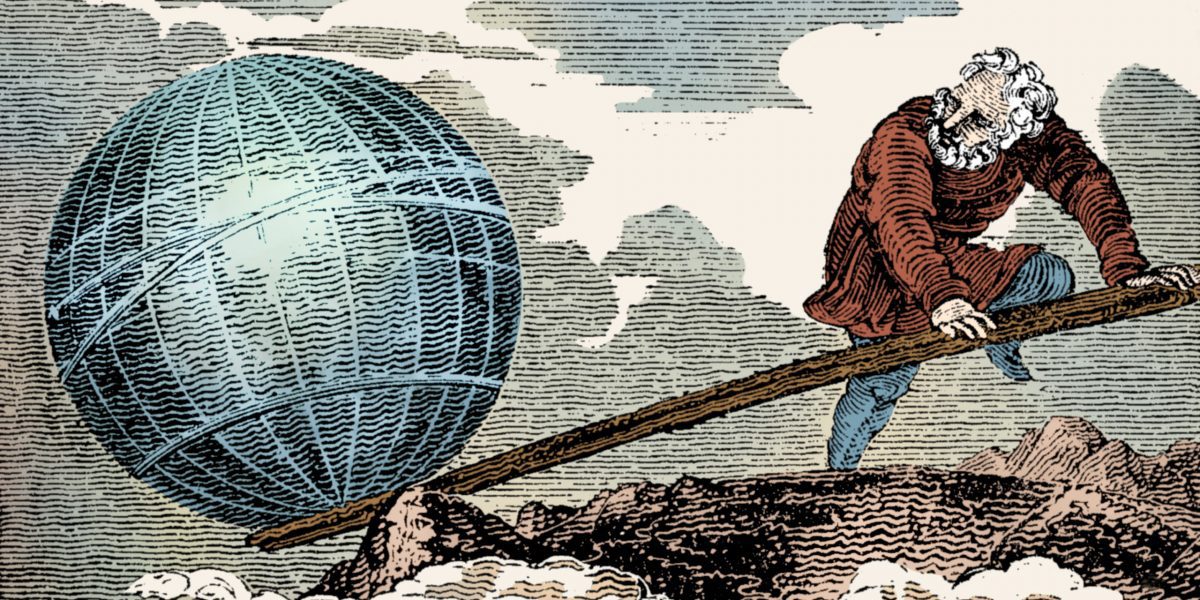Science and War

Faculty:
Course Schedule:
Nov. 11 – Dec. 9 | Fri. 15:00-18:00 UTC
Science and mathematics have been closely intertwined with warfare throughout their long history. Think of Archimedes’ legendary war machines; nuclear arms emerged as a by-product of the fundamental physical discoveries made at the beginning of the 20th century, the role of Artificial Intelligence and Space technology in today’s warfare. This long-standing relationship between Science and War is highly controversial and morally problematic. Indeed, science, ideally, pursues a universal knowledge about the world as it is across all geographical, social, economic, linguistic, and cultural barriers between humans. Scientists, ideally, are interested in truth rather than in achieving this or that human practical goal, including the task of fighting the enemy. So, are scientists morally responsible for military uses and misuse of their discoveries? How can the Enlightenment ideal of the international scientific community pursuing truth stand the reality of war and the resulting divisions between peoples and nations? Whether or not scientific disinterestedness, on the one hand, and political and social engagement, on the other hand, may co-exist, or they are doomed to always be in conflict.
Today we face the continuing military aggression of the Russian Federation against Ukraine and its people, as well as the international efforts aiming to support the Ukrainian resistance. In these dramatic circumstances, the above questions about Science and War acquire a practical dimension, affecting academic researchers’ lives and careers on both sides of this conflict. In this proposed course, we shall explore the controversies between Science and War through the thoughts and deeds of some outstanding politically engaged scientists, including Albert Einstein and Andrei Sakharov, and from this theoretical and historical perspective, discuss the relevant issues of the ongoing war in Ukraine and its consequences for the international scientific community.
Registration to this course is open until November 5.
Requirements
To receive a certificate for the course, you need to get a pass for an essay of 1500-2500 words and for a presentation (up to 10 minutes).
Registration on the course is closed